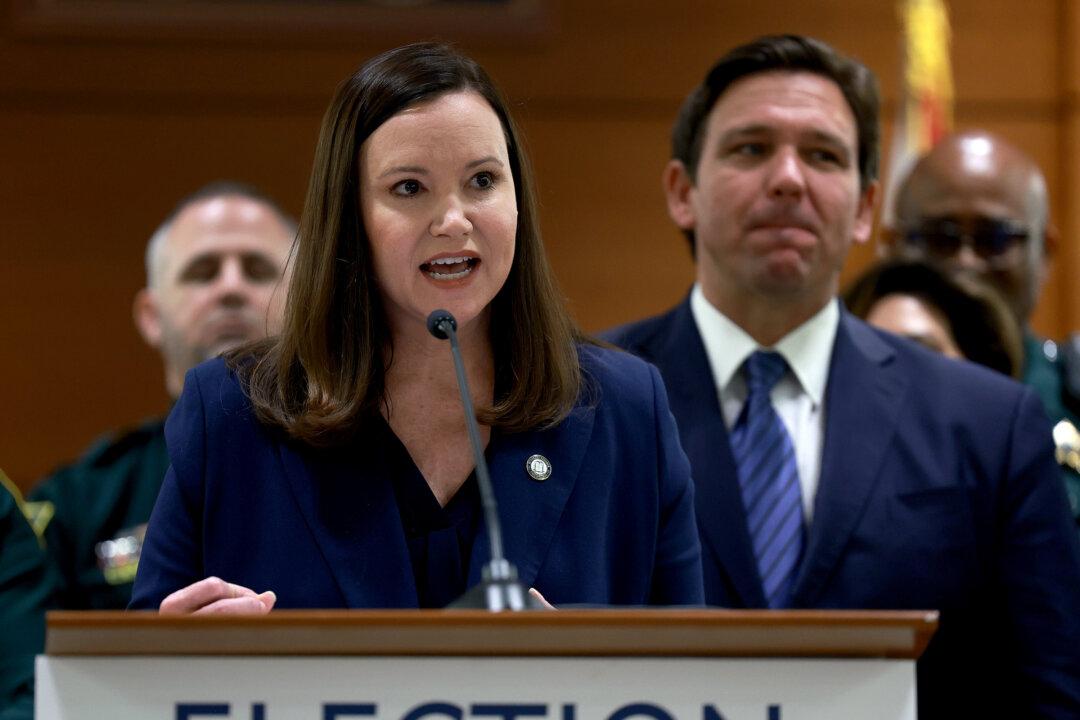A grassroots group presented evidence to Florida election officials and law enforcement last week showing that almost 1,100 mail-in ballots in one county were cast from undeliverable addresses in the state’s Aug. 23 primary election.
Florida First Freedom Alliance gave state election officials a spreadsheet containing the results of a computer crosscheck conducted by another grassroots group. That audit represents “only a small sliver” of those who requested mail-in ballots in Florida’s Orange County, according to Christopher Gleason, the group’s spokesman.





